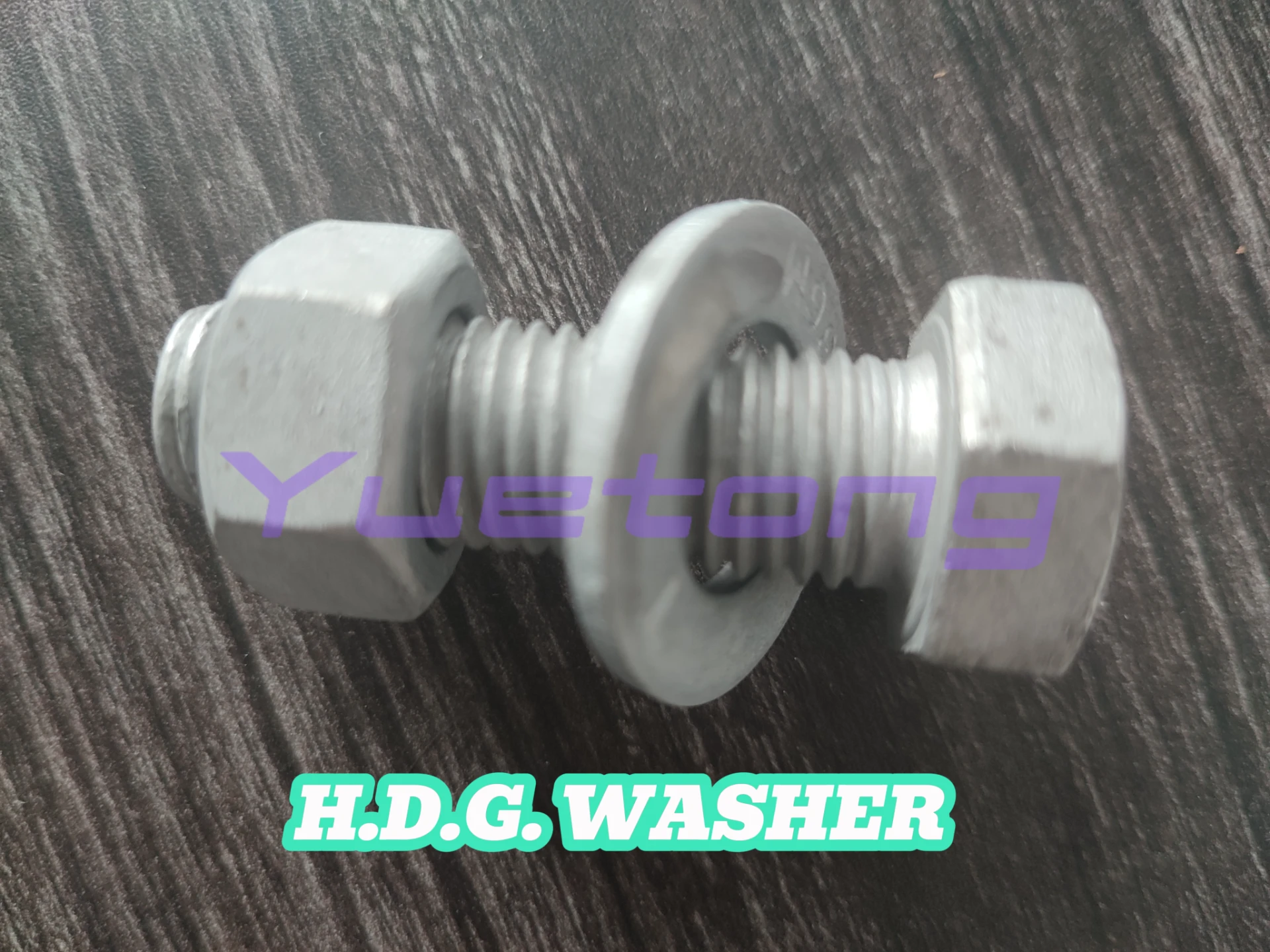Dec . 11, 2024 22:45 Back to list
flat washer specifications
Understanding Flat Washer Specifications
Flat washers are essential components in various mechanical and engineering applications. They serve multiple purposes, most notably distributing loads over a larger surface area, reducing friction, preventing wear and tear, and providing insulation between surfaces. To ensure optimal performance, it’s crucial to understand the specifications related to flat washers.
Types of Flat Washers
Flat washers come in various types to accommodate different applications. The most common types include
1. Standard Flat Washers - Typically made from materials like steel, stainless steel, or plastic, these washers are used in general applications to distribute loads and prevent damage to surfaces. 2. Fender Washers - These have a larger outer diameter than standard washers, providing more surface area for load distribution. They are often used in situations where a stronger hold is necessary. 3. Lock Washers - While technically not flat washers, these include designs that prevent loosening due to vibration. It's essential to choose the right type for specific applications to enhance safety and performance.
Key Specifications
When selecting flat washers, several specifications should be considered
1. Material - The choice of material affects the washer's strength, corrosion resistance, and temperature tolerance. Common materials include
- Steel Strong and commonly used, but can corrode if not properly coated. - Stainless Steel Highly resistant to corrosion, making it suitable for outdoor and marine applications. - Plastic Lightweight and resistant to corrosion, suitable for electronic and insulating applications.
2. Thickness - The thickness of a washer influences its load-bearing capacity. Thicker washers can handle greater loads but may also require more space.
flat washer specifications

3. Diameter - The inner (hole) and outer diameters determine how well a washer will fit on the fastener it is accompanying. An appropriately sized washer prevents movement and ensures a secure fit.
4. Load Rating - This specification indicates the maximum load the washer can support without deforming or failing. It's vital to choose washers with a load rating that meets or exceeds the application's requirements.
5. Finish - Washers may come with various finishes (e.g., zinc plating, black oxide) that provide additional protection against corrosion and wear. Selecting the right finish can extend the lifespan of the washer in a particular environment.
Importance of Standards
Adhering to industry standards ensures compatibility and reliability. Different organizations, such as the American National Standards Institute (ANSI) and the International Organization for Standardization (ISO), provide guidelines for washer specifications. Using washers that comply with these standards guarantees consistency in size and performance across various applications.
Application Considerations
When selecting flat washers for a specific application, consider factors like
- Environmental Conditions Will the washers be exposed to moisture, high temperatures, or chemicals? - Load Dynamics Is the application stationary, or will it experience vibrations or shock loading? - Assembly Requirements Do you need to ensure that the washers fit within confined spaces or with other fasteners?
Conclusion
In conclusion, understanding flat washer specifications is critical for achieving successful mechanical assemblies and ensuring longevity in various applications. By considering factors such as material, thickness, diameter, load rating, and finish, and adhering to industry standards, you can effectively select the right flat washers to meet your project requirements. Ultimately, the right choice will not only enhance the integrity of your assemblies but also promote overall safety and efficiency. Whether in construction, automotive, or electronics, flat washers are indispensable components that demand careful consideration in design and application.


